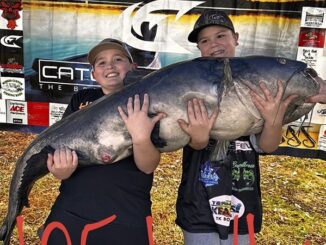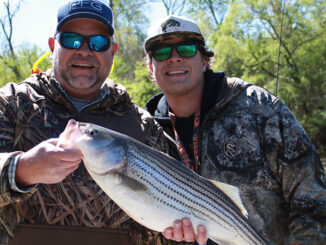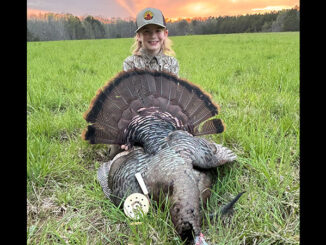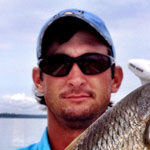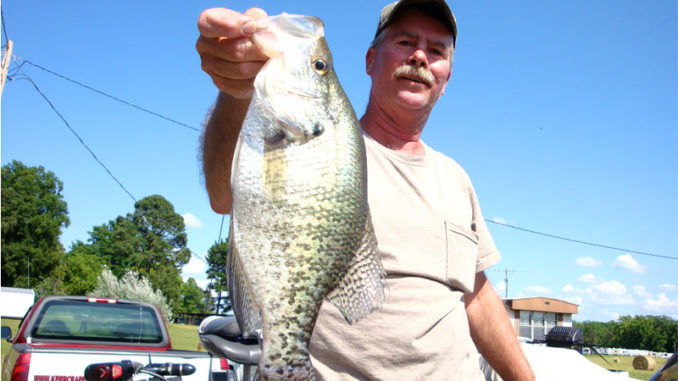
Guide says slabs are on brush piles, but water level has them in different areas
Kerr Lake is a big reservoir that boasts some big crappie. And guide Chris Bullock of Fountain said citation-sized slabs are regularly plucked from brush piles using two of his favorite techniques: casting jigs and jigging small spoons.
Bullock, who runs Kerr Lake Crappie and Cats, has some 2,000 waypoints on his GPS. Many of them mark brush piles he has strategically placed, or ones he’s found that were put in by other anglers. Many are along creek channels or drop-offs close to the main lake.
“Crappie use different brush piles at different times of the year. It all depends on the water temperature and the depth,” said Bullock (252-902-4039).
“Jigging spoons are deadly on crappie,” Bullock said. “It mimics a small shad, and everything in the lake eats them.”
A 3/8-ounce Cotton Cordell jigging spoon is Bullock’s go-to deceiver.
“I switch out the factory treble hook for one that is a little bigger. I prefer a No. 6 Gamakatsu, and it stays sharp longer. Clip it on to a snap swivel to eliminate line twist,” he said. “I like to use silver on sunny days and gold on cloudy days.”
Jigs are also good lure choices
With a transducer mounted on his trolling motor, Bullock keeps his eyes peeled on the sonar screen to make certain he is on target when vertically jigging from the bow.
“They’ll actually be in the structure, so you have to be as close as possible,” he said. “Snap it up sharply a foot or two and follow it back down with the rod tip. That’s when they’ll hit it.
“Spoons may be the fastest way to catch them, but I’d rather be casting a jig,” said Bullock. “I love to feel that ‘tick’ when they bite.”
Bullock likes to secure a 2-inch Bobby Garland Baby Shad to a 1/16-ounce jighead with Super Glue the night before he fishes.
Upon identifying a brush pile on his sonar, Bullock lobs a marker bouy to one side and backs off within casting distance.
“These jigs drop at about a foot per second. I cast out and count down to the top of the structure, then reel slowly enough to not raise the jig in the water,” said Bullock. “On a tough day, you might have to bump the pile to get bit.”

